Linking Affected Communities to Mine Action in Ukraine - phase 1 of developing platforms
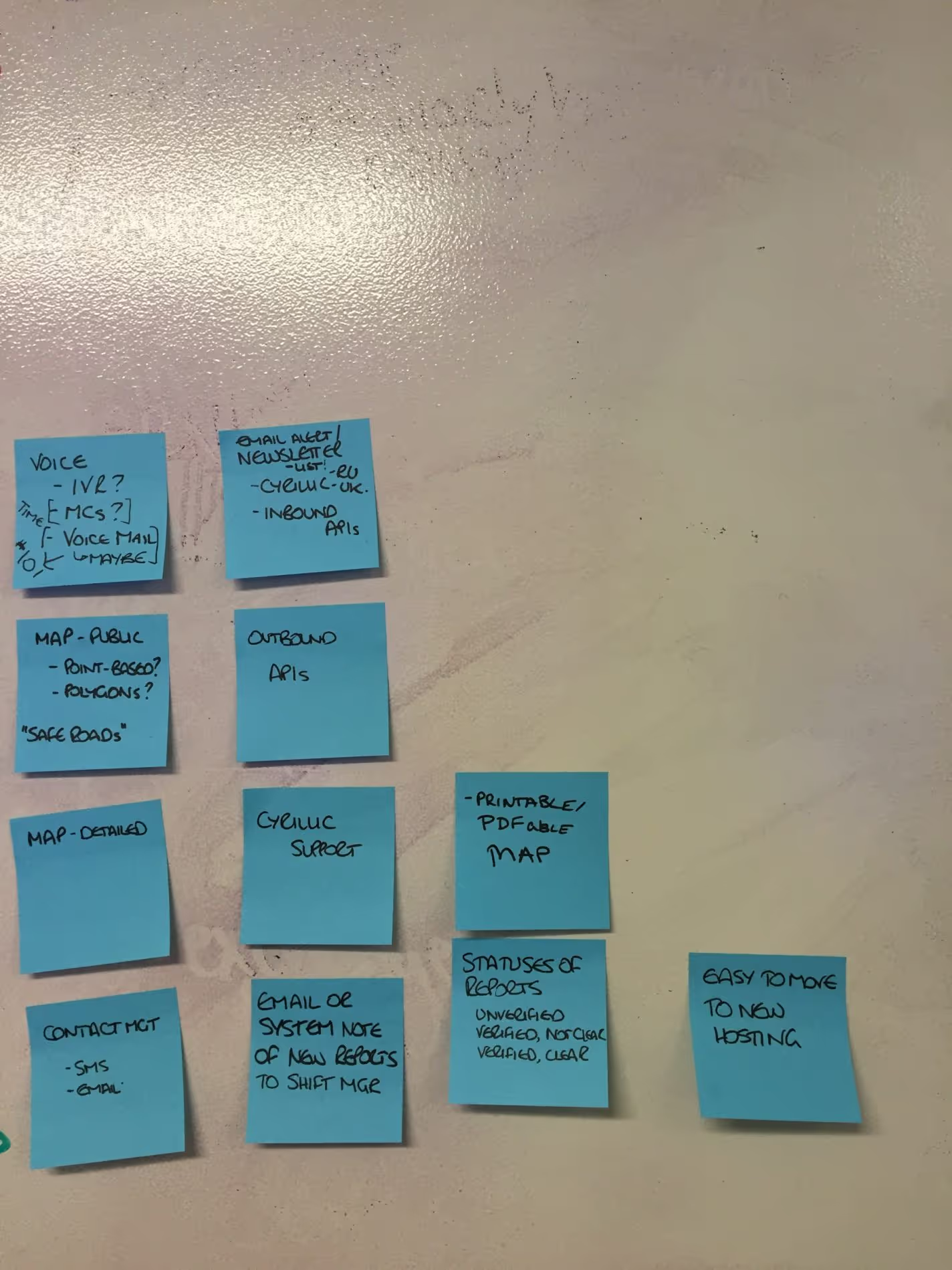
Since last blog
In the last blog we shared key findings from the pilot project baseline assessments conducted jointly with the project partners CartONG and Social Impact Lab (SIMLab). This month we would like to share the first phases of the platforms development process with you. So in this blog we’ll be talking of personas, user stories and use cases. Sounds complicated? It really isn’t. Transformation from Personas to User Stories.

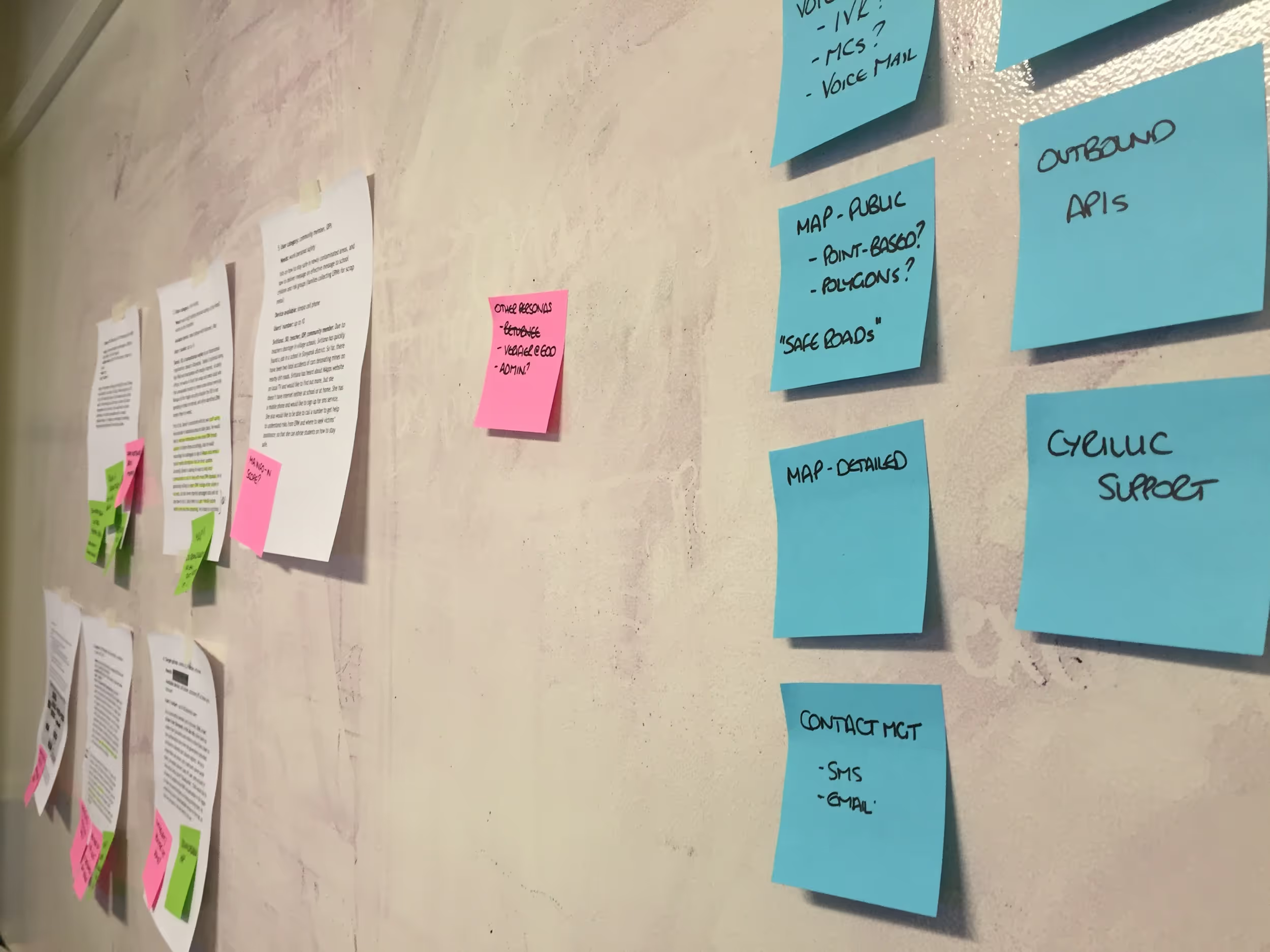
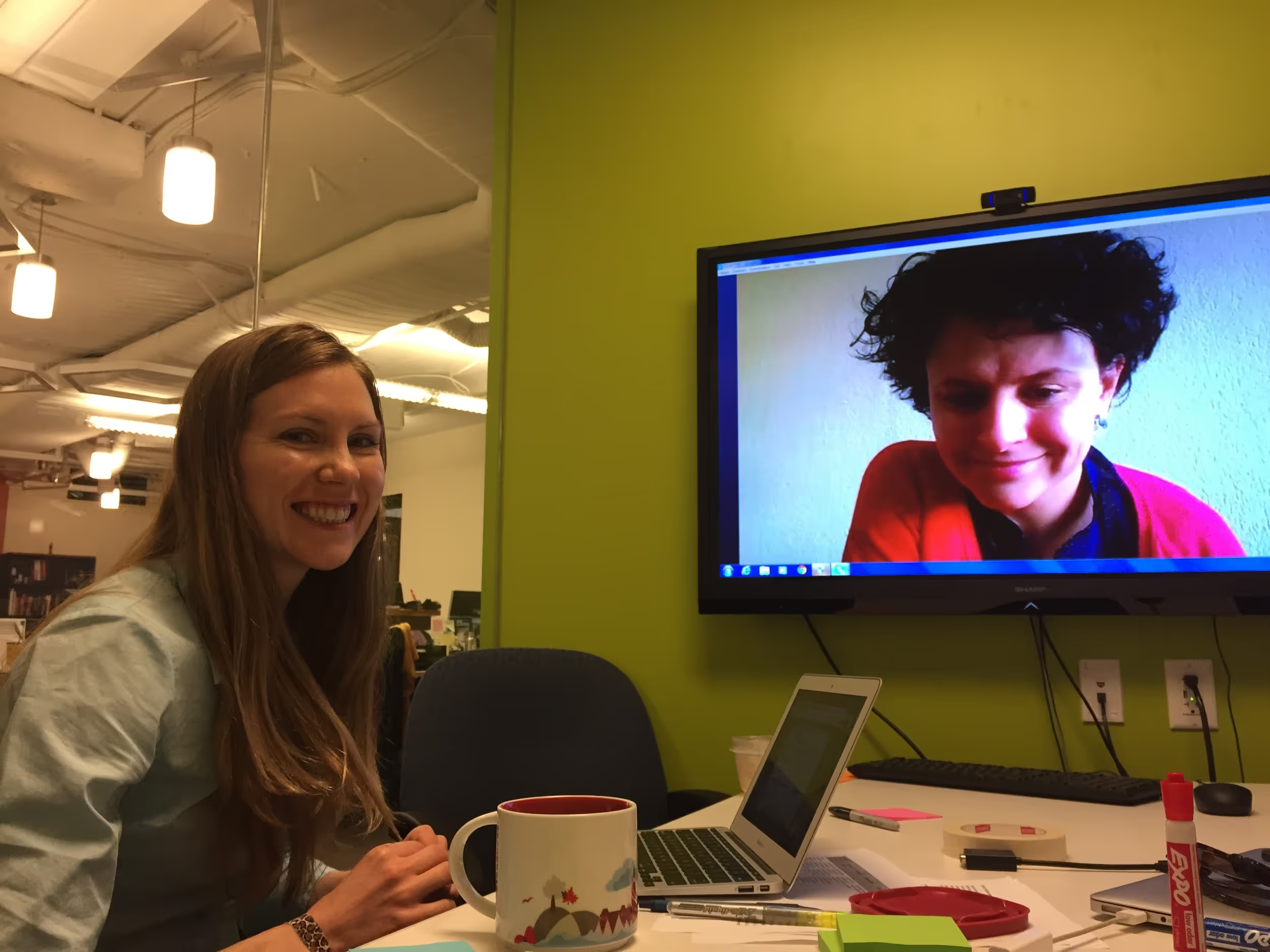
Does personas, user stories and use cases ring a bell to you?
A common strategy in the beginning of a development process for IT programmers and marketers is to identify key user groups. These key user groups are conceptualized as personas. The idea behind personas is that you start broadly by describing the interest, motivations and goals of each user group of your software. Then more detail is added as you develop these personas into user stories.
Based on findings from surveys conducted in eastern Ukraine throughout December 2014 – May 2015, DDG has identified six major user groups among beneficiaries: state emergency service, internally displaced people, returnees, residents, humanitarian workers and journalists. In addition to quantitative data, DDG conducted a series of meetings with representatives from each user group to learn how these people – the personas - are likely to use the pilot platforms. Consequently, six personas based on real people backgrounds, goals and motivations have been developed. These validated personas founded the basis for a workshop on user stories development with SIMLab.
The purpose of user stories is to analyse interests, motivations and goals in detail, so that web-developers can picture interactions between the users and the platforms. Such exercise also helps to decide what specific functions are required for the platforms.
During a recent user story workshop, DDG and SIMLab developed the needed user stories and started assembling high-level functionalities which the platforms need to have (blue post-ins on the photo below). The output from this work was about 50 user stories – simple descriptions of potential users’ features and functions in the system. All of them followed the same algorithm:
As a <;type of user>;, I want <;some goal>; so that <;some reason>;
For example, a user story of a humanitarian worker who often comes across mines and ERWs reads: As a humanitarian worker, I want to register for receiving alerts from the web portal, so that I can be informed about safe behaviour. As the necessary functions to fulfil the users goals gets more and more detailed, the user stories will end up as what software developers call use cases.
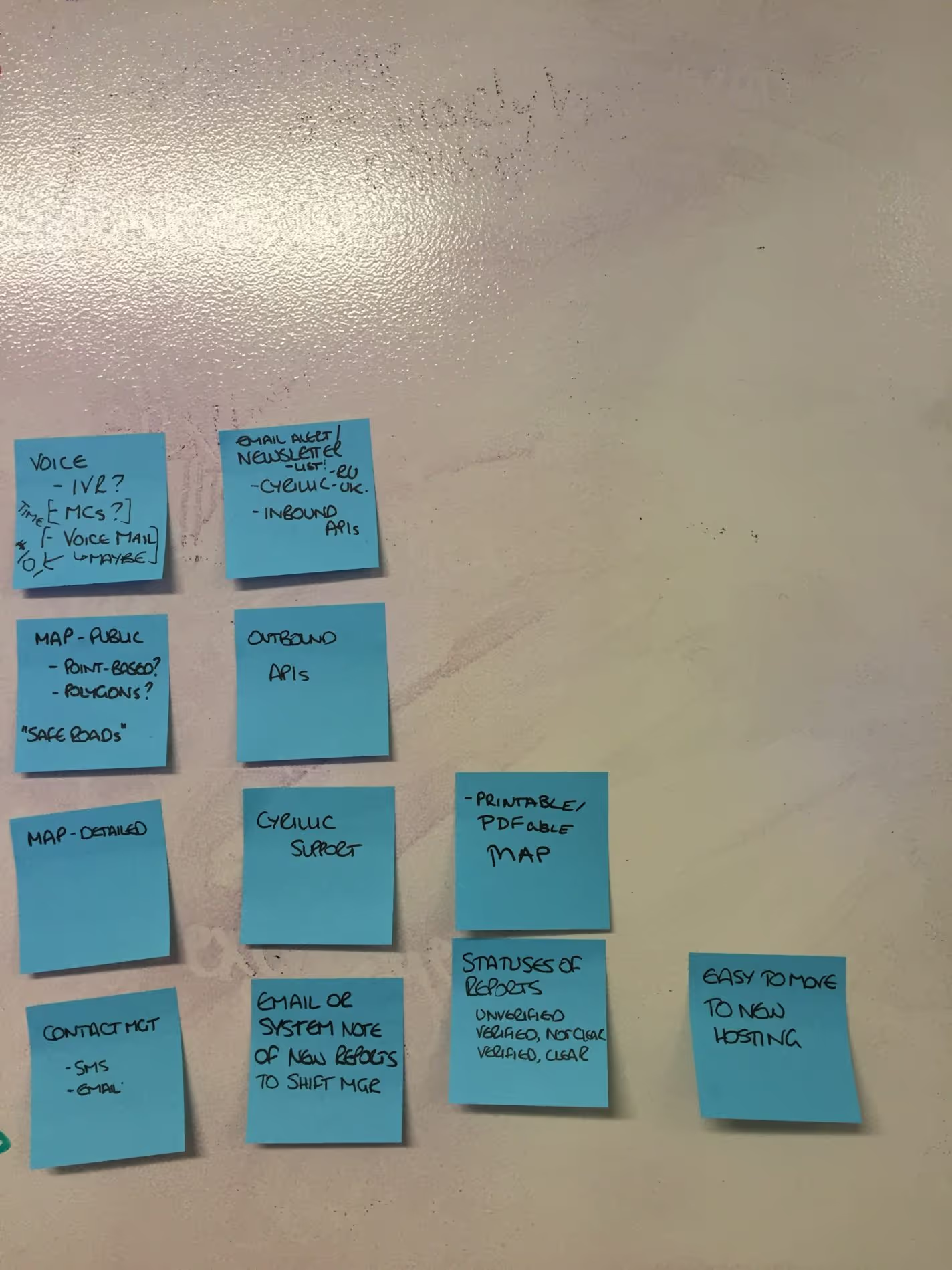
Next blog
In the next blog we will share the specific features and functionalities of the web- and mobile phone prototype platforms. We can’t wait to share even more about this exiting work.
Stay updated
Sign up for our newsletter to receive regular updates on resources, news, and insights like this. Don’t miss out on important information that can help you stay informed and engaged.
Related articles
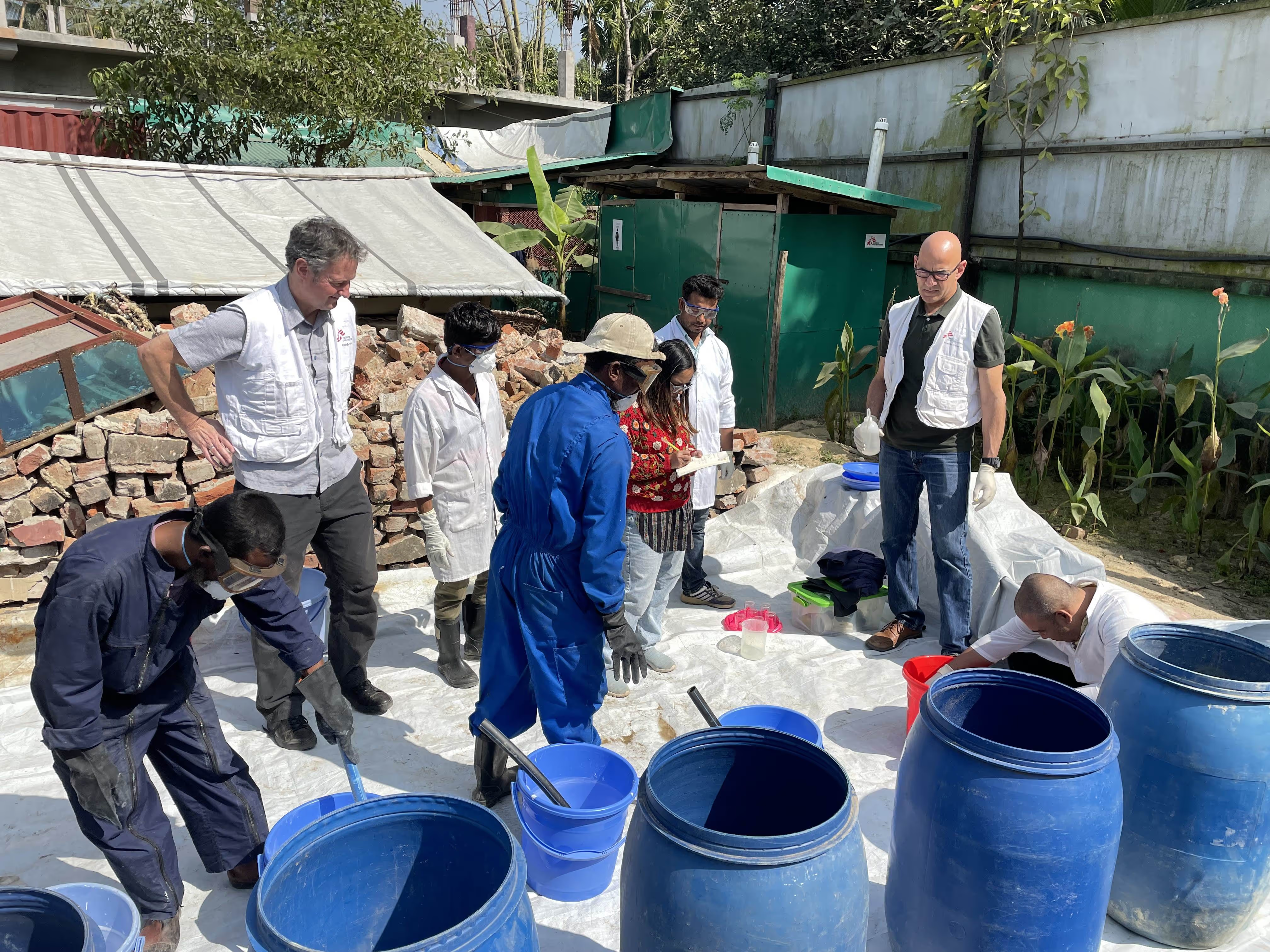


Explore Elrha
Learn more about our mission, the organisations we support, and the resources we provide to drive research and innovation in humanitarian response.